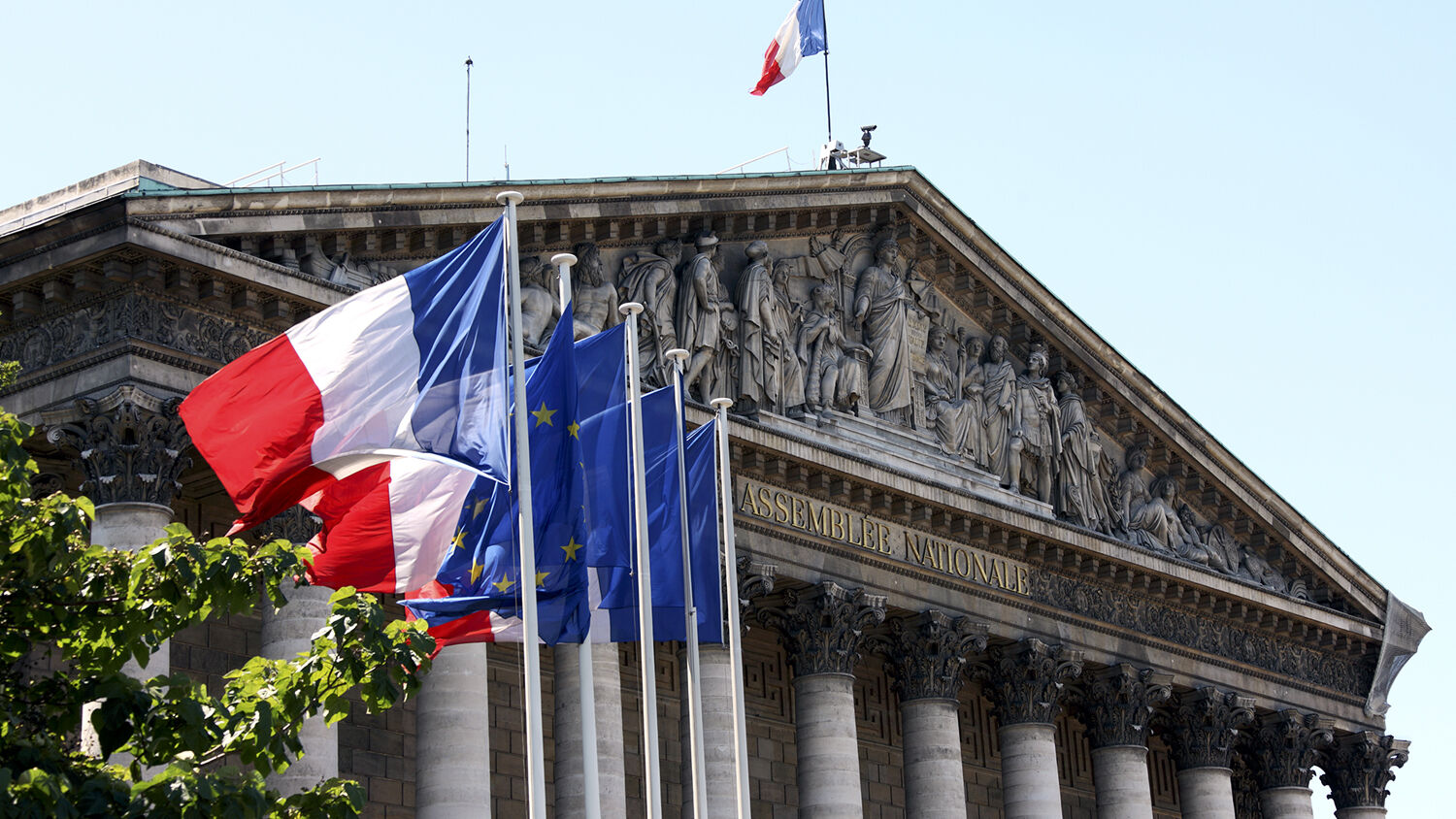
Why Today’s Election Could Be Historic
France goes to the polls today in its most uncertain and important presidential election for at least a generation. Opinion polls published just last week show around 30 to 40 percent of Frenchmen had not yet made up their minds. With the four leading contenders almost neck and neck, no one can make any good forecasts about the outcome of today’s vote. Throw in a recent terrorist attack, and no one knows what will happen.
But already it is clear that this could be a major milestone in the transformation of the European Union into a superstate.
Here is what is at stake: Two of the four leading candidates, the National Front’s Marine Le Pen and socialist Jean-Luc Mélenchon, advocate policies that will push France out of the euro.
France’s election is held in two rounds. If no leader wins over 50 percent of the vote today, the top two candidates will go through to a runoff election on May 7.
“If all the polls are correct, it is a certainty that right-wing populist Le Pen will be one of the two candidates to enter the runoff election,” wrote Spiegel Online in “A Complete Breakdown: Extremists on Left and Right Push France to the Brink.” “If the other candidate is Mélenchon, which has become conceivable in recent days, it would quickly spell the end of the European Union.”
The Daily Beast warned that the election has “turned into an insane gamble—Russian roulette (and we use the term advisedly) with at least two of the chambers loaded—and the implications for the United States are huge.” It warned:
Less than three weeks from now, in the final round of the presidential elections, the only choice left to the voters of France could well be between Le Pen, a crypto-fascist, or Jean-Luc Mélenchon, a charismatic Communist, both of whom are strongly anti-EU and anti-nato.
Victory for either one would mean an end to the political, diplomatic and economic order that has protected the United States as well as Europe for the last 70 years, preventing the kinds of cataclysms—World Wars i and ii—that cost millions of lives in the first half of the 20th century while containing first Soviet and now Russian adventurism.
Even last week financial markets were getting scared. “One-month ‘risk reversals’ on the euro—a gauge of demand for protection against a sudden plunge in the currency—have reached the most extreme level since the height of the eurozone debt crisis in late 2011,” wrote the Telegraph’s international business editor, Ambrose Evans-Pritchard.
Both Le Pen and Mélenchon want to directly challenge Germany’s control of the eurozone. When Greece tried that, it forced Germany into its most naked display of power yet, overturning even a Greek referendum result. If France challenges Germany, the stakes are far higher.
That the election could reach this state has grave implications for all of Europe’s political systems.
“How did extremists become front-runners?” asked Spiegel Online, mystified by “the dizzying election-campaign carousel.” The article continued:
The prevailing feeling in France has long been that of deep-seated crisis. Not just because the threat of terrorism has permeated everyday life in France like a fine mist, more than in most other European countries, and not just because Muslim and right-wing extremist agitators are seeking to divide the country ….
It isn’t just that an elite system is coming to an end, a system that no longer seems suitable for current and future challenges. At times, it has also seemed as if a different, fundamental concern is even more pressing, namely that of whether the French political system is even capable of performing the tasks assigned to it anymore.
This is a frightening question, one that, until recently, seldom got raised in highly developed democracies. But today it is a crucial factor in some of the world’s largest, oldest democracies: in Britain, in the U.S. and now in France. In newspaper editorials and talk shows, the French are discussing whether their country’s institutions have maneuvered themselves into a pre-revolutionary plight as a result of the continued incompetence of public officials. They wonder whether today’s state is in fact more similar to the monarchy of old—to the rotten Ancien Régime shortly before the French Revolution. …
It is no accident that this election includes a number of candidates who are calling for the abolition of the French Republic in its current form and the creation of a new constitution.
The political situation is so dire that the media is openly speculating about a revolution—right in the heart of Europe.
So much uncertainty surrounds today’s vote. But this much is clear: Europe’s current economic and political situation cannot hold. Even if France muddles through this election, how can the euro survive in the long term if many or most of the people in core countries like France and Italy want out? How can a political system survive when the front-runners are leaders that the traditional elites consider little better than Nazis?
Sooner or later, something has to give. To learn what and why, read “Why Europe Is Heading for an Earthshaking Crisis.”
